While their alms may have halved, beggars are making a killing by upping their commission from 4 per cent to 20 per cent to part with loose change in exchange for high denomination notes

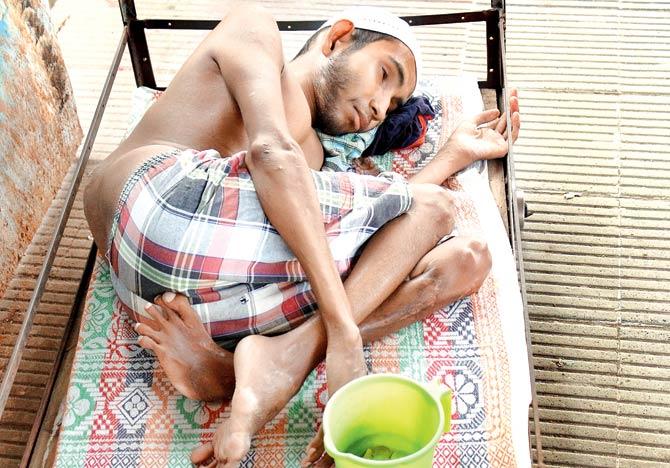
ADVERTISEMENT
Swapnil Borgaonkar has found an unlikely friend in an unseen, neglected community. The 32-year-old, who runs a provisions store and a fast food outlet near Siddhivinayak Temple, was at his wit's end when he ran out of change for high value notes last month-end. That's when he learnt that there was a group that could bail him out: a handful of beggars in the neighbourhood.
mid-day had on November 23 reported how beggars had become collateral damage in the demonetisation drive, with few Mumbaikars willingly opening their purse strings for them. Their luck began to change soon after.
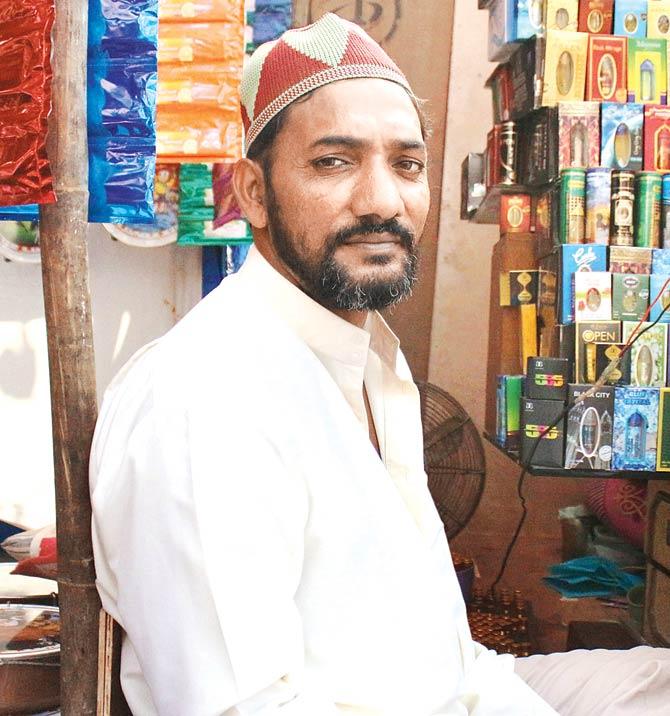
Amjad Faiyad Khan
They are now seeing a windfall and are charging a commission of 10-20 per cent to part with change in exchange for high denomination notes — both old and new (although they prefer only new notes). Prior to demonetisation, they took only 3-4 per cent of the sum.
Cashless modes not yet popular
Borgaonkar says although he offers the option of payment via e-wallets, a number of his customers still prefer to transact in cash. "This hit my business hard." Since Prime Minister Narendra Modi withdrew 86 per cent of cash from circulation by rendering R500 and R1,000 notes illegal, his daily earnings dropped by 30-40 per cent till November-end.
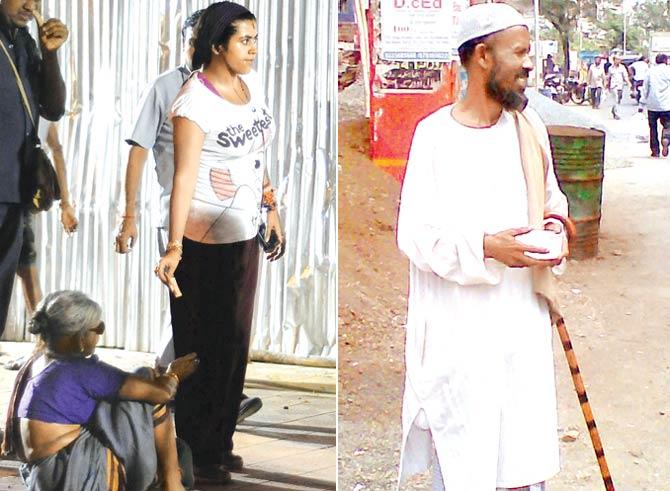
With change for high denomination notes eluding most Mumbaikars, beggars are seeing a windfall. Picture for Representation
Borgaonkar began to grow desperate. "I had to keep turning away customers who came with high value notes. After a friend told me that beggars are often approached to part with smaller change, I felt it was a great stop-gap arrangement," he recalls.
His current arrangement with beggars in the locality — the community accepts both old and Rs 500 notes and Rs 2,000 notes; Rs 1,000 is a no-no — Borgaonkar has been able to get out of his slump, albeit marginally.
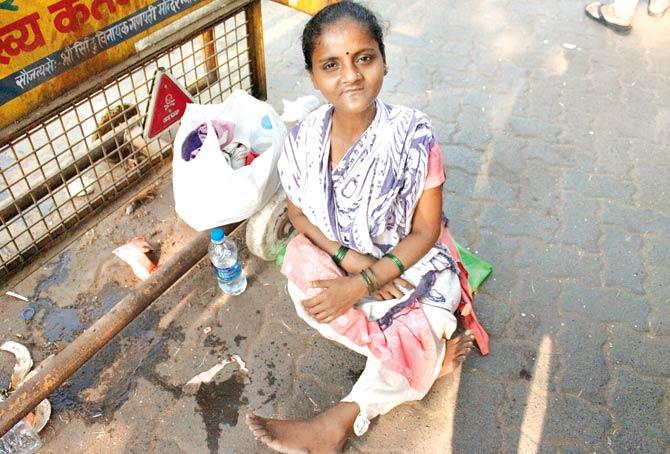
While Swapna Pal who begs near Siddhivinayak Temple, charges a 20 per cent commission
The beggars, explains Borgaonkar, keep R50-100 while giving change for R500. "Demonetisation has become a way for them to make some easy money."
Lucky break
Ramesh Banerjee (55), who has been begging in Mahim for the last 15 years, agrees. "Earlier, when shopkeepers needed change, they offered mere a miniscule commission or food. But, with the spike in demand for smaller change, I'm able to charge a commission of upto 15 per cent."
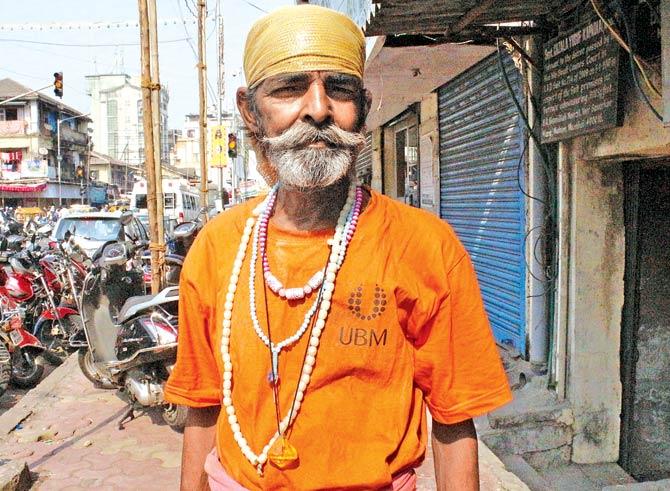
Ramesh Banerjee has settled for 15 per cent
His daily earnings, though, haven't changed much; he still makes Rs 300-R400 a day. Even residents reluctant to line up outside banks approach beggars outside railway stations, bus stands and markets. Amjad Faiyad Khan (54), a resident of Mahim, says, "I visited the bank several times, but each time, I returned empty-handed. It's easier to get change from beggars."
It isn't just beggars who have been a godsend. Those manning public toilets and shops selling lottery tickets, too, offer small change, again for a commission. A youngster manning the counter at Shree Ballaeshwar Lottery Centre outside Matunga Road station says the shop earns Rs 2,500 a day, most of which are in R20 and R50 notes.
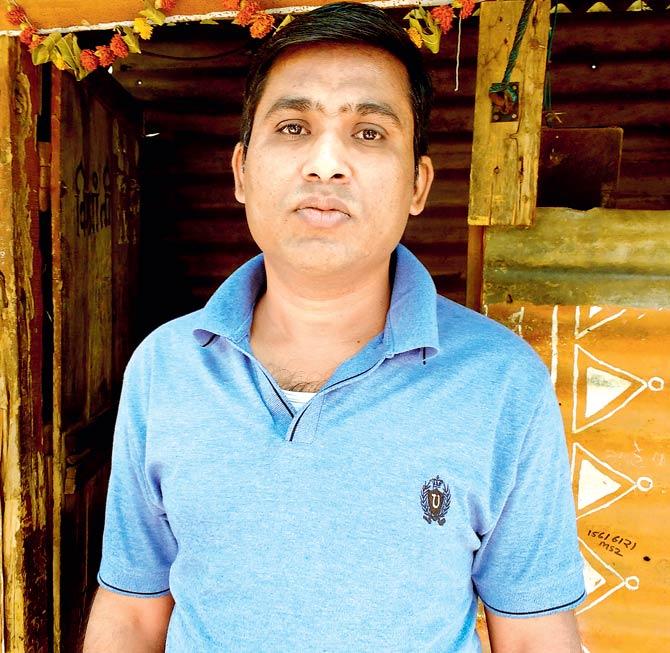
Swapnil Borgaonkar
"We give them to the shopkeeper nearby for a 10 per cent charge," he says.But, what do the beggars do with the high value notes? They either pass on the defunct notes to shopkeepers for a smaller commission, or buy necessities.
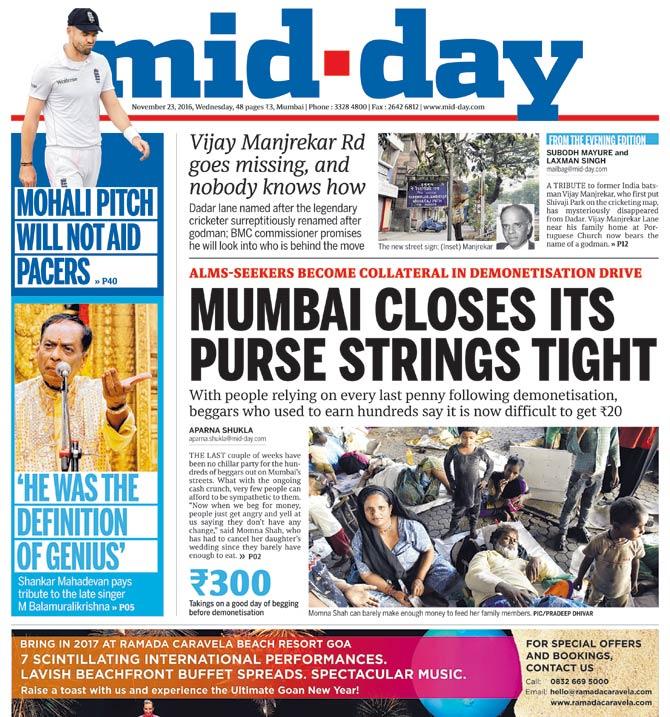
mid-day's Nov 23 report on beggars being initially hit hard by demonetisation
Rs 1,000-Rs 2,000
Beggars’ earnings pre-demonetisation
Rs 300-Rs 400
What they earn now on a good day
 Subscribe today by clicking the link and stay updated with the latest news!" Click here!
Subscribe today by clicking the link and stay updated with the latest news!" Click here!






